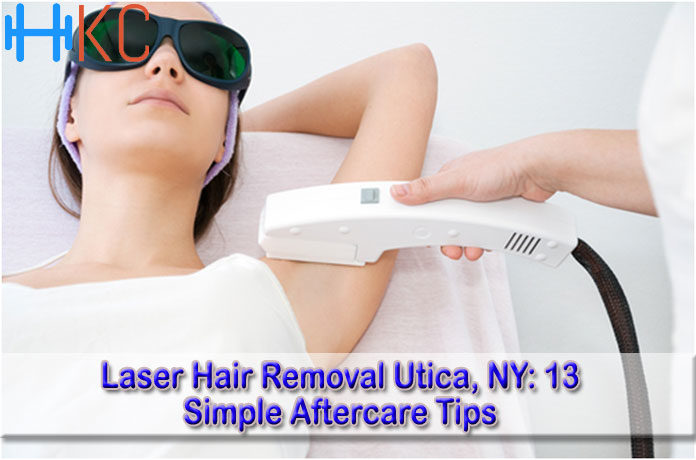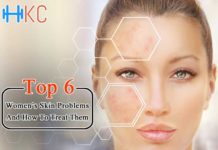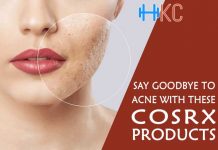Laser Hair Removal 101
Most women do plucking, waxing, and shaving as part of their routine to maintain smooth and hair-free skin. It becomes tedious especially if you do not have much time. These conventional hair removal techniques also have disadvantages, including the following:
- The hair removal is temporary.
- Regrowth of new hair is usually fast.
- New hair growth becomes thicker.
- Skin becomes rough and damaged.
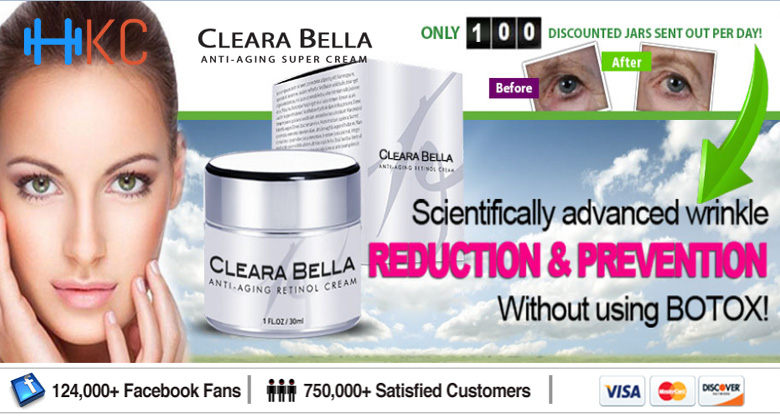
Laser hair removal is one of the most common procedures most women avail of in aesthetic clinics today. It has gained popularity because of delivering the solution of being hair-free permanently. Some benefits of this procedure are:
- Minimal to no side effects
- Cost effective compared with weekly waxing treatments
- No downtime
- Promotes smoother skin
- Can possibly lighten areas such as underarm skin due to damage from plucking and shaving
The technology behind the procedure uses a high concentration of laser light that targets hair follicles. The pigment in our hair follicles, known as melanin, absorbs the light. As a result, the entire hair structure is destroyed. A certain wavelength of light is used to target only the melanin of the hair, without affecting the skin around it.
How do you prepare for a laser hair removal procedure?
Most clinics would recommend staying away from plucking, shaving, and waxing the area at least two weeks prior to the procedure. This means you have to grow out your hair. During the treatment, you will be asked to wear protective eye gear to protect your eyes from the laser light. Choose a clinic that has reliable doctors and state-of-the-art laser equipment. To give you an idea, click here.
To make your laser hair removal procedure more effective and permanent, you should undergo multiple sessions. The interval of each session is four to six weeks. During this interval, proper care should be observed.
What do you do after a laser hair removal session?
Here are some aftercare tips after undergoing a laser hair removal session:
1. Apply an anti-inflammatory cream
There is a possibility that the skin will be inflamed after the treatment. This is a normal response of our body, and it will typically go away in the next 48 hours. To minimize inflammation, you can put anti-inflammatory creams that are locally available in pharmacies. Better yet, ask for a prescription from your doctor.
2. Avoid wetting the area in the first 4-6 hours
You should prevent the area from getting wet and do not expose it to too much heat either such as saunas or hot showers because the hair follicles are still swollen and highly sensitive. Introducing moisture on the skin may promote bacterial growth and can result in infection in the treated area. This also means avoiding swimming or even exercising during this short period.
3. Avoid applying makeup to the treated area for 24 hours
After the treatment, the pores on the treated skin are open and prone to clogging. Applying makeup in the area can lead to the formation of comedones. Avoid applying makeup except for mineral makeup, which can be used immediately after the treatment.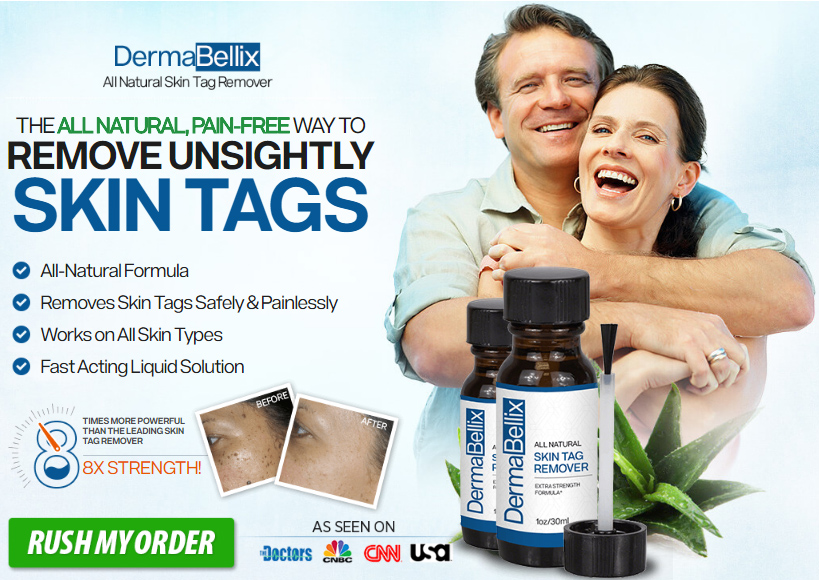
4. Wait at least 24 hours before putting any perfumed skin products such as lotions and deodorants
Letting your skin rest is an excellent way to promote healing of the treated area. During the first 24 hours after treatment, avoid putting skin care products on your skin to prevent irritation and inflammation. Some ingredients in lotions or deodorants may have undesirable effects on the sensitive skin.
5. Use cold compress if you experience irritation or redness
Different patients would have different reactions and different levels of pain tolerance during the treatment. Redness and irritation are expected reactions of the skin. You can address this discomfort by applying a cold compress to the affected area.
6. Use aloe vera to soothe your skin
Aloe vera has both natural anti-inflammatory and cooling properties. Applying it few times a day after your laser hair removal session will speed up the healing process and will soothe your skin, especially if you are experiencing redness and itching.
7. Moisturize
Laser treatments can dry up the skin as well. To promote the skin’s hydration, apply moisturizer to the affected area.
8. Exfoliate
One to three weeks after the treatment, you will notice that the hairs will start to shed. It is an indicator that the hair entered the anagen phase, wherein the hairs are now actively growing. Your skin may look clogged, and the hair may appear like blackheads. Gentle exfoliation facilitates faster shedding of the hair and can be done by either using body scrubs or body salts. Some dermatologists would recommend chemical exfoliation using a low concentration of glycolic acid.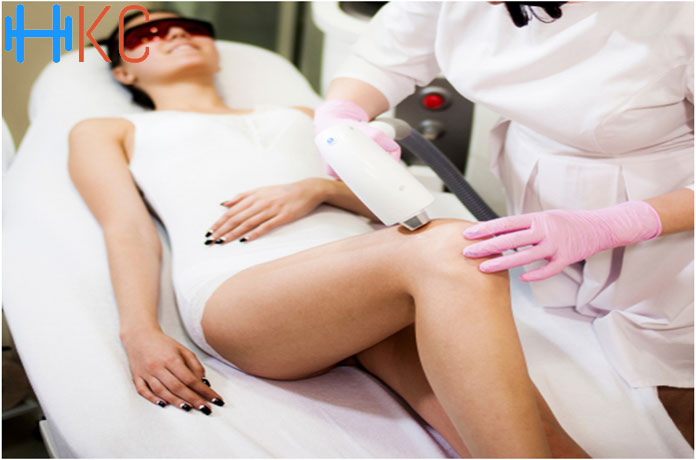
9. Do not pluck or shave regrowth
You cannot expect to be hair-free after your first session of laser hair removal. The hair will still actively grow, but you will notice that it gets thinner and shorter up to the point that it is almost unnoticeable. Avoid plucking the regrowth to avoid destroying the hair shaft. Let the lasers work naturally.
10. Always use sunscreen
One of the best ways of taking care of post laser-treated skin is to apply sunscreen, an age-old advice. Because subjecting the skin to laser may lead to increased sensitivity, the skin is more prone to sun damage. Do not forget to use sunblock on the treated area, especially if you are going out. Find a sunscreen with at least 30 SPF. Wearing sunscreen will also avoid developing hyperpigmentation marks in the treated area.
11. Avoid tanning and sun exposure
In relation to the previous tip, you should also avoid exposure to the sun. This is not limited to sunbathing but also tanning lotions and sprays and even going to tanning salons. Because your skin is highly sensitive after the treatment, when your skin is exposed to the sun, it will speed up cell damage that can cause sunburn and severe skin irritation.
12. Check your current medications for contraindications
If you are currently taking herbal supplements or prescription drugs, consult your physician or your dermatologist first and let them know if it is safe for you to go for your next laser hair removal session. There might be contraindications regarding the medicines you are currently taking.
13. Apply vitamin E and antibiotic cream in case of development of blisters
Although very rare, you can also get blisters after a laser hair removal treatment. When this happens, open a vitamin E capsule, squeeze out the oil, and apply the oil liberally on the blisters. You can also put topical antibiotic ointment in the affected area. Do this few times a day until the blisters subside. Do not pop the blisters as this will result in scarring and scabbing, which are more difficult to treat.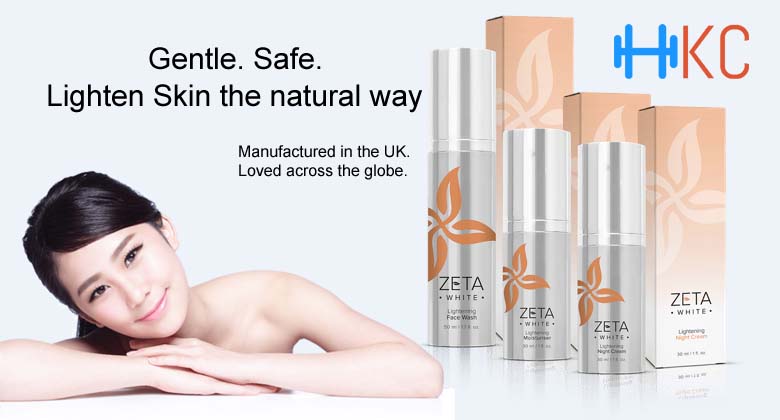
Like any other procedure, laser hair removal entails proper aftercare to avoid complications. However, you have to take note that the complications are totally unavoidable. Talking to your dermatologist and knowing more about the procedure is necessary so you will have an idea of what you should expect after the treatment. These simple aftercare tips will help you prevent infection and other skin irritations that come with the treatment. Proper post-treatment care will make your laser hair removal treatment more cost effective and will help you recover fast.



